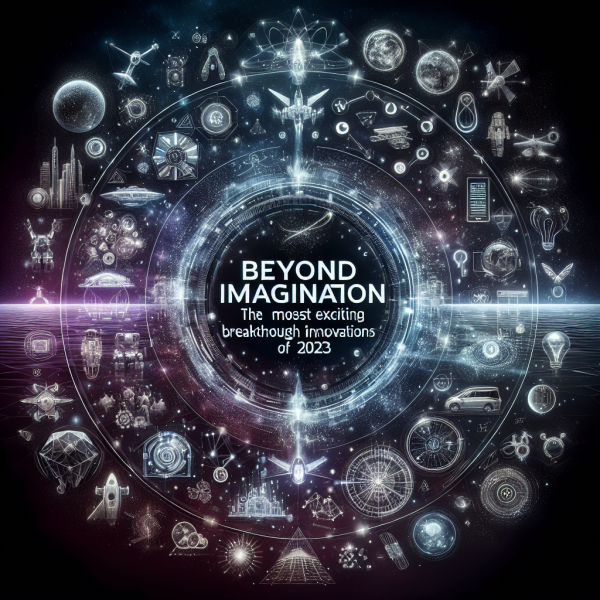The Rise of AI: Transformative Insights for the Tech Market

As we venture deeper into the 21st century, Artificial Intelligence (AI) stands out as one of the most transformational forces shaping the technology landscape. From automating mundane tasks to revolutionizing complex processes in industries ranging from healthcare to finance, AI is not just a supplement to existing technologies; it has become a cornerstone of innovation. This article explores the rise of AI, its implications for the tech market, and transformative insights that stakeholders can leverage to stay ahead in this rapidly evolving environment.
The AI Boom: A Statistical Overview
The surge in AI adoption can be quantified by remarkable statistics. According to a report by McKinsey & Company, AI has the potential to create an additional $13 trillion in global economic activity by 2030. Furthermore, a survey from Gartner indicates that over 75% of organizations are investing in AI and machine learning technologies. This investment reflects a growing recognition of AI’s potential to improve efficiency, foster innovation, and drive sustainable growth.
Key Areas of Transformation
1. Enhanced Decision-Making
AI technology, particularly machine learning algorithms, enables organizations to process vast amounts of data and derive actionable insights. In sectors like finance, this translates to better risk assessment and fraud detection. Retailers use predictive analytics to streamline inventory management and personalize customer experiences. The ability to analyze customer behavior in real-time is revolutionizing how brands interact with their clientele.
2. Automation and Efficiency
The automation capabilities of AI are transforming operational paradigms. Robotic Process Automation (RPA) is now commonplace in administrative tasks like data entry, expense management, and invoice processing. This not only reduces costs but also allows human employees to focus on higher-value tasks that require creativity and emotional intelligence. The rise of conversational agents and chatbots is also enhancing customer service, providing timely assistance while operating 24/7.
3. Personalization and Customer Experience
In the age of information overload, consumers seek personalized experiences. AI algorithms analyze user data to tailor content recommendations, advertisements, and product suggestions with impressive accuracy. Companies like Netflix and Amazon have effectively leveraged AI-driven insights to refine user experiences, resulting in higher satisfaction rates and increased customer loyalty.
4. Innovations in Healthcare
AI is poised to redefine healthcare delivery. Predictive analytics can identify potential health risks based on patient data, while machine learning models aid in diagnostics and treatment recommendations. Furthermore, AI-powered robots assist in surgeries with precision that was previously unattainable. During the COVID-19 pandemic, AI became instrumental in modeling virus spread and vaccine development timelines, showcasing its potential in crisis scenarios.
5. Driving Research and Development
In scientific research, AI accelerates discovery by analyzing vast datasets. For example, in pharmaceuticals, AI helps in drug discovery processes, identifying potential compounds much faster than traditional methods. Academic and research institutions are increasingly adopting AI technologies to advance their capabilities and improve research outcomes.
Challenges and Ethical Considerations
While the rise of AI presents numerous opportunities, it is also accompanied by challenges. Data privacy, algorithmic bias, and the ethical use of AI are critical issues that organizations must address. Ensuring transparency in AI decision-making processes and adhering to regulations will be essential in building trust among consumers and stakeholders.
Strategic Insights for Tech Market Stakeholders
-
Invest in Continuous Learning and Development: As AI technologies evolve, organizations need to invest in training their workforce to keep pace with new tools and practices.
-
Adopt a Data-Centric Approach: To leverage AI effectively, businesses must focus on data quality and accessibility. Well-structured data is critical for developing reliable AI models.
-
Foster Collaboration Between Humans and Machines: Rather than viewing AI as a replacement for human employment, companies should embrace AI as a complementary tool that enhances human capabilities.
-
Engage in Ethical AI Practices: It’s imperative to establish ethical guidelines that govern AI use, ensuring fairness, accountability, and transparency in all processes.
- Stay Informed on Regulatory Changes: As AI continues to permeate various industries, keeping abreast of emerging regulations and compliance requirements will be crucial.
Conclusion
The rise of AI is not merely a technological trend; it’s a paradigm shift that is reshaping industries and redefining success in the tech market. By understanding its capabilities and implications, stakeholders can position themselves to harness AI’s full potential. As we look forward, embracing innovation while navigating the ethical considerations will be paramount to unlocking a future driven by intelligent technologies. The journey has just begun, and the possibilities are boundless.














